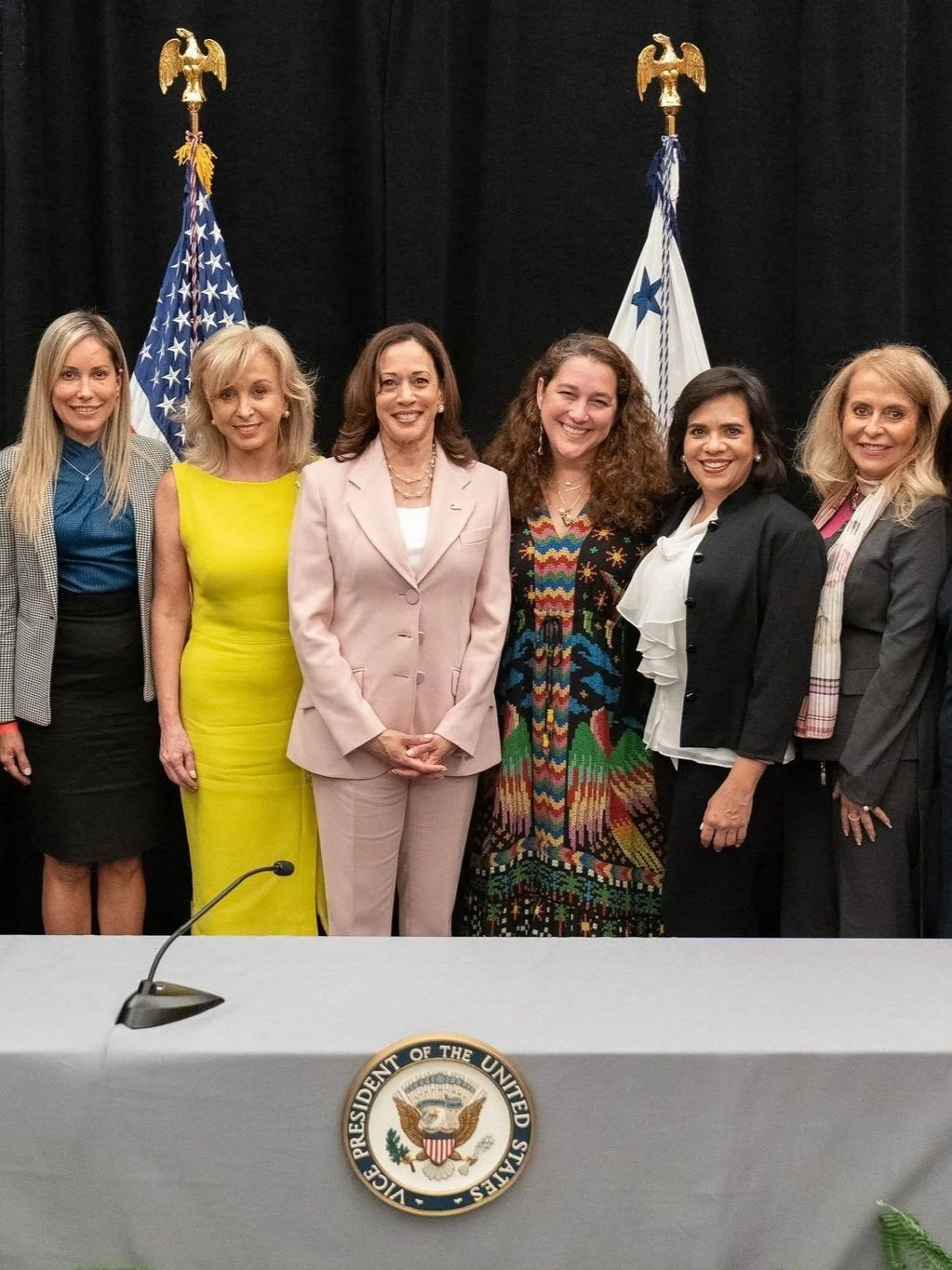Photo: Deposit Photos
Not only home to some three million species of plants and animals and one million indigenous people, the Amazon rainforest is also described as the "lungs of the planet", given its crucial role in producing 20 per cent of the oxygen in our atmosphere. However, widespread fires are threatening the region, with the largest state in Brazil, Amazonas, declaring a state of emergency on Monday, and conservationists are blaming the country’s government for the devastation.
So far this year, scientists have recorded more than 74,000 fires in Brazil, which is nearly double 2018's total and marks an 83 per cent increase in wildfires over the same period last year, according to Brazil's National Institute for Space Research. And already in 2019, observers have seen the highest number of fires in a single year since record keeping began back in 2013, with four months of the current year still to go.
During the dry season, which runs from July to October, blazes can be started by natural causes, such as lightning strikes, and farmers and loggers purposefully set fire to the rainforest to clear swathes of the Amazon for industrial or agricultural use, known as the ‘season of queimada’. However, some of these burns can get out of control, and many are also started deliberately in efforts to illegally deforest land for cattle ranching.
Part of the rainforest burned by loggers and farmers on August 20 / Photo: REUTERS/Bruno Kelly.
Ricardo Mello, head of the WWF’s Amazon Program, said the fires were "a consequence of the increase in deforestation seen in recent figures" - it was reported in The Guardian how July set a new record for the most deforestation ever in the Amazon in a single month. And according to scientists, it is policies introduced by Brazil’s new President, Jair Bolsonaro, who favors development over conservation, which are to blame.
Bolsonaro, who took over the country’s presidency back in January, has indicated that protecting the rainforest is not one of his top priorities, and has argued that too many environmentally protected areas are hampering the country’s development. He supports development projects including a highway and hydroelectric dam in the Amazon, and his administration has reduced efforts to seize illegally harvested timber. Between January and May, the Bolsonaro-led government also lowered the number of fines it levied for illegal deforestation and mining, down by 34 per cent from the same period in 2018, and decreased its monitoring of illegal activity in the rainforest.
According to Brazil’s Environmental Minister, Ricardo Salles, the fires are a result of dry weather, wind, and heat; and warmer, drier conditions do indeed make it easier for flames to spread. However, compared to previous years, the destruction this year is "unprecedented," said Christian Poirier, program director of non-profit organization Amazon Watch, who believes that the vast majority of the fires have been human-lit. "The Amazon is incredibly important for our future, for our ability to stave off the worst of climate change," he explained to CNN. "This isn't hyperbole. We're looking at untold destruction — not just of the Amazon but for our entire planet."













